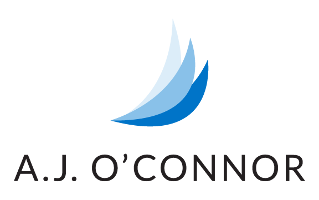
Achieving Executive Career Success Through Continued Leadership Coaching
This case study explores the professional journey of an executive who significantly benefited from leadership coaching. Over the course of his long-standing career at a major multinational pharmaceutical company, he transitioned from managing vendors to leading diverse internal teams. Throughout this transition, the executive encountered challenges typical of high-responsibility roles, where effective leadership was crucial for his success. Through ongoing coaching engagements, he developed and honed his leadership skills, allowing him to rise to greater levels of responsibility within the organization.
Initial Engagement and Challenges
The executive first engaged with a leadership coach at a pivotal point in his career when he was promoted from managing external vendors to overseeing internal teams. The organization identified the need for coaching when it became clear that his approach to managing internal staff was not yielding the desired results. His direct, task-oriented leadership style, effective with external vendors, was creating friction with internal teams, as he treated them similarly—often with a rigid and directive approach.
Key challenges identified during the initial coaching engagement included:
• Managing Emotions and Responses: The executive struggled with emotional control, often reacting impulsively.
• Adapting Leadership Style: He needed to transition from a transactional management style to one that fostered empowerment and collaboration within his teams.
The Coaching Process
The initial coaching engagement with AJO spanned six months, during which time the executive participated in a structured coaching process:
• Feedback Gathering: A comprehensive 360-degree feedback process was conducted, collecting input from his peers, subordinates, and senior leaders. This feedback helped the executive gain clarity on how his leadership style was perceived and where improvements were needed.
• Action Plan: Together with the AJO coach, the executive developed a leadership development action plan. The plan focused on key areas, such as improving emotional intelligence, fostering team empowerment, and using humor appropriately in professional interactions.
• Behavioral Tools: The executive employed tools such as question-based thinking, which helped him approach situations with curiosity rather than judgment. He also created a personal reminder card with key principles like avoiding sarcasm, controlling emotions, and focusing on what truly mattered.
Results from the First Engagement
By the end of the initial engagement, the executive had made significant strides in managing his emotions, listening more effectively, and adopting a more empathetic leadership style. Peers and subordinates noted improvements in his communication and openness to feedback. However, areas for continued development remained, particularly in learning how to let go of control and trust his team.
Subsequent Engagements and Continued Growth
A few years later, following another promotion, the executive reengaged with the AJO coach to navigate the challenges of managing larger, more complex teams. He faced new obstacles, including:
• Managing New Domains: He now led teams in areas where he had no direct experience, requiring him to shift from a hands-on approach to a more strategic leadership style.
• Building Relationships with Senior Leaders: As his role expanded, he needed to improve collaboration with higher-level executives and peers at his new level of responsibility.
The second AJO coaching engagement again utilized feedback mechanisms to assess progress, and the executive continued refining his leadership style. He felt he became more adept at managing relationships with senior leaders and embracing the importance of collaboration across departments, which follow-up feedback confirmed.
Long-Term Impact and Organizational ROI
The ongoing coaching engagements not only helped the executive personally but also had a broader impact on his team and the organization. As he became more effective in empowering his teams, employee satisfaction improved, and the turnover rate in his department decreased. His willingness to model improved leadership behaviors also had a trickle-down effect, positively influencing the organizational culture.
Even after achieving career success, the executive recognized the importance of continual growth. He remained committed to periodic coaching sessions to address emerging challenges and ensure sustained improvement in his leadership capabilities.
Coaching Benefits
This case study illustrates the power of executive leadership coaching in fostering long-term career success. Through structured coaching, the executive was able to…
• Transform his leadership approach
• Manage new challenges as he took on more responsibility
• Continue his leadership and career growth, ascending to higher levels in the organization
Coaching Results
The value of coaching in this journey was clear—not only in the personal growth of the executive but also in the positive impact it had on the broader organization. If you are interested in beginning your own executive coaching journey, contact us today.
Related Posts:
Setting Yourself Up for Success: The 30-60-90 Approach for New Executives
Empathy is an Overlooked Leadership Characteristic Impacting Your Workplace

